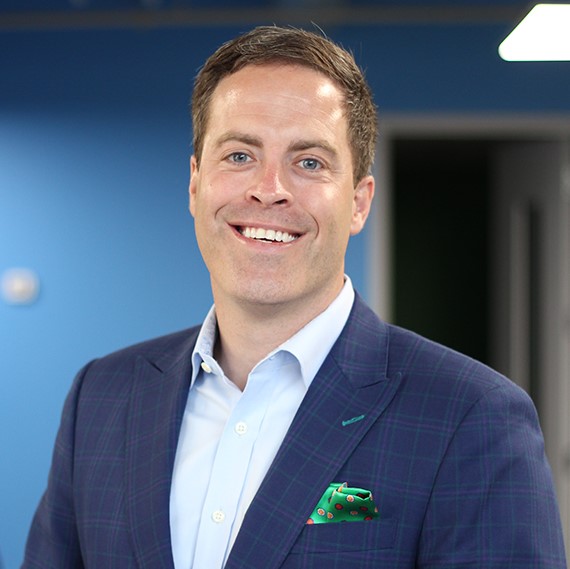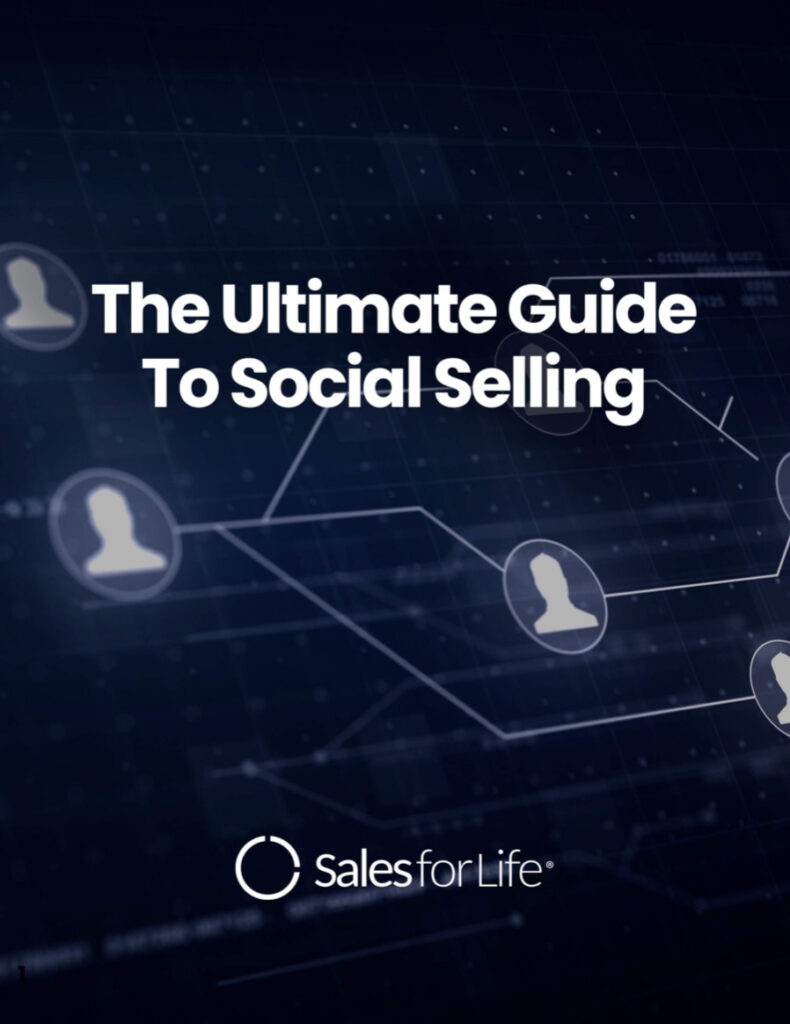 Do you hire based on gut feeling, personality assessments, and the like? Full disclosure: I do, too. I bat less than 500 when it comes to hiring. As a sales leader, I’ve always hired based on gut feel. And the instinct of sales leaders is to hire people similar to you—the thinking being that if you’re successful, you want people with similar traits and styles so that they’ll also be successful.
Do you hire based on gut feeling, personality assessments, and the like? Full disclosure: I do, too. I bat less than 500 when it comes to hiring. As a sales leader, I’ve always hired based on gut feel. And the instinct of sales leaders is to hire people similar to you—the thinking being that if you’re successful, you want people with similar traits and styles so that they’ll also be successful.
So when I read Mark Roberge’s book, The Sales Acceleration Formula, I was surprised to see that Mark writes about a real prescriptive process to hiring. It was the first time I had ever read that someone had quantified the hiring process. Mark hired based on data and analytics that reported previously successful sales professionals, and the “genetic makeup” of future hires. This means that Mark looked at the specific qualities of successful sales professionals and searched for these qualities in future hires.
What makes a successful sales professional?

In the book, Mark listed the qualities of very successful people:
- Coachability: The ability to absorb and apply coaching;
- Curiosity: The ability to understand a potential customer’s content through effective questioning and listening;
- Prior Success: A history of top performance or remarkable achievement;
- Intelligence: A history of top The ability to learn complex concepts quickly and communicate those concepts in an easy-to-understand manner;
- Work Ethic: Proactively pursuing the company mission with a high degree of energy and daily activity.
Of the above traits, the ones that struck a chord with me that were a) coachability, and even more important, b) the appetite for learning and curiosity.
THE most important traits of successful sales pros
In August 2008, I attended a job interview for a start-up SaaS company called Firmex. At the interview, Firmex CEO Joel Lessem asked me one simple question: What book are you reading right now?
Joel wanted to know what sales books I was reading – and he had already read most of them. So he could sniff out the BS if I hadn’t read it. Joel even wanted to dive into specific chapters, to find out what my main takeaways were.
In reality, Joel wanted to know if I was someone who was continually learning and trying to self-improve. If I wasn’t reading current sales books, his thinking was how would I adapt from traditional organizations in corporate real estate to the fast-paced world of SaaS specifically selling to the financial services market?
He wanted assurance that I’d be willing to learn so much about the financial services business that I could sit in front of any private equity firm, venture capitalist, accounting firm, legal firm, and talk the talk of mergers and acquisitions.
Continuous Learning Impacts Revenue
Mark Roberge found that sales leaders traditionally focused on closing ratios, negotiations skills, basically bottom of the funnel of skills and behaviour when hiring. But the leading indicator was that the people who were willing to try new things, adapt and grow were the most successful.
In our business, we’re finding the same thing. We’re blazing a path in social selling, so there’s no-one coming to our organization with previous social selling skills. They just don’t exist. But the people we hire are willing to go online change their brand, learn how social impacts business, and learn about the ecosystem of the sales performance space. Our employees have to be able to learn to talk the talk with any VP of Sales or VP of Marketing.
Bottom line: the most important skill set of a new hire is their desire to learn, adapt and continue to grow.
{{cta(‘ec55a9f6-f4e1-449d-870d-899a003e60a8’)}}



